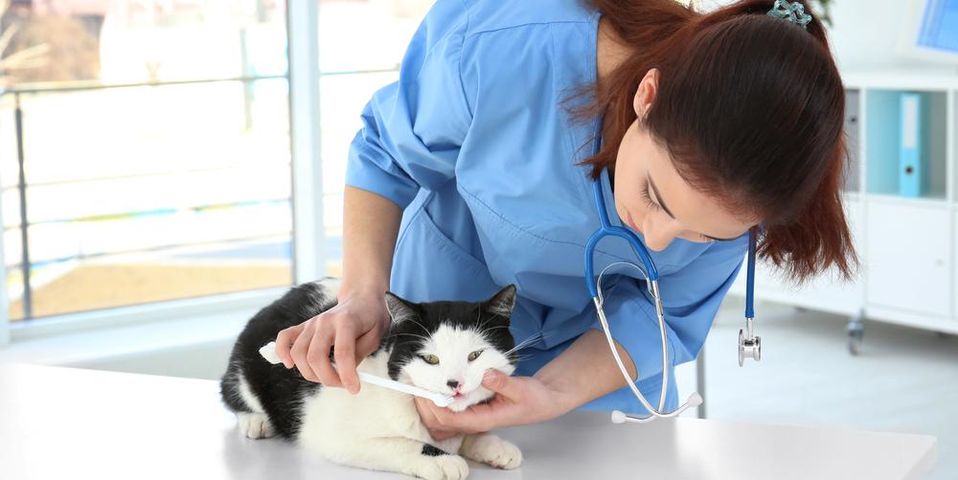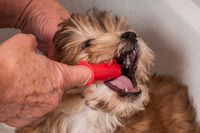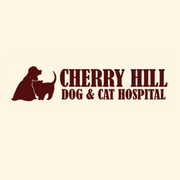
Oral health problems are not rare among animals. It’s estimated that by the time they reach 3 years of age, most cats and dogs will have a sign of gum disease. Without proper care, pets also have a risk for cavities, root canal infections, and oral cancer. That is why it’s critical to protect your pet’s smile through regular at-home care and visits with a veterinarian. If you’re looking for ways to optimize your four-legged friend’s oral hygiene, here are a few pointers to keep in mind during National Pet Dental Health Month this February.
A Guide to Pet Dental Care
Brushing
 Just like humans, animals develop bacteria-filled plaque that increases the risk of painful cavities and gum disease. By brushing your pet’s teeth and gums every day, you can keep this plaque at bay. For your companion’s safety and comfort, it’s critical to use an animal-friendly toothpaste and toothbrush. If you’re unsure of which product is right, ask your veterinarian for recommendations.
Just like humans, animals develop bacteria-filled plaque that increases the risk of painful cavities and gum disease. By brushing your pet’s teeth and gums every day, you can keep this plaque at bay. For your companion’s safety and comfort, it’s critical to use an animal-friendly toothpaste and toothbrush. If you’re unsure of which product is right, ask your veterinarian for recommendations.
Since it can take some time for animals to get used to the sensation of brushing, it’s best to start slow until they get acclimated. In addition to brushing, there are many chew toys and dog bones that can help support regular plaque removal.
Nutrition
The food you feed to your pet has a big impact on how healthy their teeth are. For example, processed foods with high amounts of carbohydrates will expose your animal’s teeth to extra sugars. These sugars feed oral bacteria, allowing them to replicate fast and produce acids that wear away at enamel. To avoid these challenges, it’s best to feed your pet regularly scheduled meals using foods that are recommended by your veterinarian. In general, sticking to natural and nutritional foods will help minimize the harmful ingredients that your pet’s teeth are exposed to.
Also, be sure to provide your cat or dog with a source of fresh, clean water. Regular water intake helps neutralize oral bacteria and rinses away food debris to help keep the mouth clean.
Professional Care
While at-home oral hygiene is critical, you should also schedule regular care with a veterinarian. During annual wellness visits, your veterinarian will examine your animal’s teeth and gums to treat potential problems such as cavities and gum disease. They will also use special tools and technique to remove difficult plaque and tartar that can’t be cleaned with standard brushing.
If you’re concerned about your pet’s oral health, Cherry Hill Dog & Cat Hospital makes it easy to address dental care issues. Located in Elkton, MD, Dr. Douglas Forman and Dr. Roberta Mauro are trusted veterinarians who provide in-depth exams, preventive teeth cleanings, and emergency treatments to prevent and correct common problems such as gum disease and tooth decay. Visit their website to learn more about their dental services. For pet dental care appointments or routine check-ups, call (410) 398-1331.
About the Business
Have a question? Ask the experts!
Send your question

